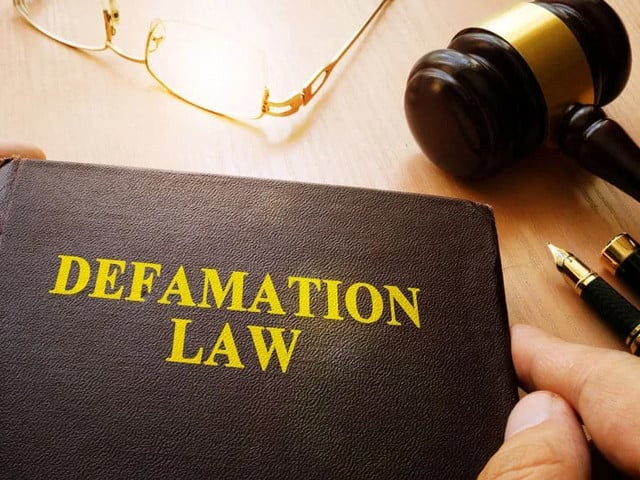The Defamation Bill 2024, intended to protect individuals and institutions from false and damaging statements, has ignited a fierce debate about its implications for justice, freedom of expression, and democracy. While the bill ostensibly aims to safeguard reputations against malicious attacks, it raises significant concerns about its potential to stifle free speech, intimidate journalists, and suppress dissent. This legislation, in its current form, seems more a cudgel against critics than a shield for the defamed.
Supporters of the Defamation Bill argue that it is a necessary tool to protect individuals and organisations from baseless accusations that can irreparably damage reputations and livelihoods. They contend that in an era of rampant misinformation and social media cruelty, stringent defamation laws are essential. Proponents highlight cases where false allegations have ruined careers and personal lives, arguing that the bill provides a legal recourse for the aggrieved. For instance, public figures, often targets of unfounded rumors and character assassinations, could find solace in this legislation, which ostensibly offers them a means to clear their names and seek redress.
However, the flip side of the argument presents a more alarming picture. Critics argue that the Defamation Bill poses a grave threat to free speech and press freedom in Pakistan, a country already struggling with issues of censorship and media suppression. The bill's vague definitions and broad provisions could be exploited to silence legitimate criticism and investigative journalism. In a society where corruption and abuse of power are rampant, the role of a free press is indispensable. Yet, this legislation could intimidate journalists, activists, and ordinary citizens, deterring them from speaking out against wrongdoing for fear of legal retribution.
Pakistan ranks 157th out of 180 countries on the World Press Freedom Index, reflecting the precarious state of media freedom. The Defamation Bill could worsen this situation, making it even more difficult for journalists to perform their crucial watchdog role. Instances of journalists being harassed, threatened, or detained for reporting on sensitive issues are already too common. The bill could provide yet another tool for the powerful to quash dissent and evade scrutiny, effectively muzzling the press.
Another critical concern is the legal ambiguity surrounding the bill's provisions. The vague terminology and subjective criteria for what constitutes as defamation can lead to arbitrary and inconsistent application. This lack of clarity opens the door for misuse by those in power. Politicians, bureaucrats, and influential figures could weaponise the law to target opponents and critics selectively. The potential for such abuse is not hypothetical but a real and pressing issue, given Pakistan's history of politically motivated legal actions.
Looking at international standards, many democratic countries have moved towards decriminalising defamation, recognising that criminal penalties for speech can have a chilling effect on free expression. Countries like the United States and the United Kingdom have protections for speech, emphasising the importance of a free and open dialogue in a democratic society. Pakistan's move towards harsher defamation laws appears regressive in this context, aligning more closely with authoritarian regimes that use such laws to suppress dissent.
The challenge lies in striking a balance between protecting reputations and upholding the fundamental right to free speech. Defamation laws are not inherently problematic; they serve an important purpose in maintaining social order and personal dignity. However, the implementation and scope of such laws must be carefully calibrated to prevent abuse. Safeguards must be put in place to ensure that defamation claims are not used as tools of harassment or intimidation.
The Defamation Bill is a deeply flawed piece of legislation that risks becoming a tool for oppression rather than protection. While it is crucial to shield individuals from malicious falsehoods, this must not come at the expense of free speech and democratic discourse. The bill, as it stands, is a threat to the core values of democracy and justice. It needs to be fundamentally revised to ensure it cannot be misused to suppress legitimate criticism and investigative journalism. Pakistan must prioritise free speech and press freedom, understanding that these are the cornerstones of a vibrant and healthy democracy. Without these protections, the country risks sliding further into authoritarianism, where dissent is silenced, and power remains unchecked.



COMMENTS (4)
sorry but im just testing you web security
Comments are moderated and generally will be posted if they are on-topic and not abusive.
For more information, please see our Comments FAQ